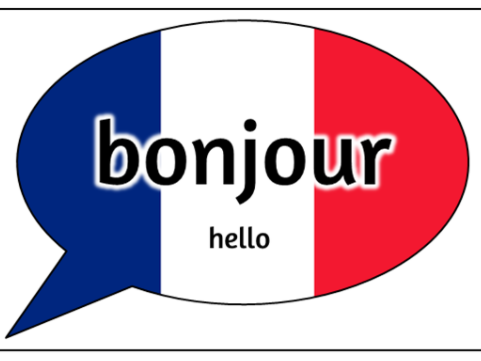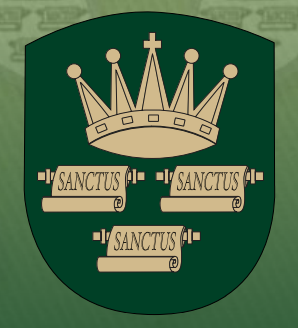MFL
MFL at All Saints

Year 3 MFL
In Year 3, children are taught:
*Greetings
*Numbers 1-31
*Days of the week/ Months of the year
*Birthdays
*Christmas
*Colours
*Animals
*Parts of the body
*Food
Year 4 MFL
In Year 4, the children learn:
*Family members
*Numbers to 69*
*Items of clothing
*Classroom objects
*Pets
*Emotions
*Music
Year 5 MFL
In Year 5, the children will learn:
*Numbers 70-100
*Maths vocabulary
*Hobbies
*Weather
*Daily/Weekly routines
*Ordering food in a cafe
*Rooms in a house
Year 6 MFL
In Year 6, the children learn:
*Frances role in the war
*St Nicholas
*Christmas Poems
*TV Programs
*Opinions
*The planets
*Directions
Key stage 2: Foreign language
Teaching may be of any modern or ancient foreign language and should focus on enabling pupils to make substantial progress in one language. The teaching should provide an appropriate balance of spoken and written language and should lay the foundations for further foreign language teaching at key stage 3. It should enable pupils to understand and communicate ideas, facts and feelings in speech and writing, focused on familiar and routine matters, using their knowledge of phonology, grammatical structures and vocabulary.
The focus of study in modern languages will be on practical communication. If an ancient language is chosen the focus will be to provide a linguistic foundation for reading comprehension and an appreciation of classical civilisation. Pupils studying ancient languages may take part in simple oral exchanges, while discussion of what they read will be conducted in English. A linguistic foundation in ancient languages may support the study of modern languages at key stage 3.
Pupils should be taught to:
listen attentively to spoken language and show understanding by joining in and responding
explore the patterns and sounds of language through songs and rhymes and link the spelling, sound and meaning of words
engage in conversations; ask and answer questions; express opinions and respond to those of others; seek clarification and help*
speak in sentences, using familiar vocabulary, phrases and basic language structures
develop accurate pronunciation and intonation so that others understand when they are reading aloud or using familiar words and phrases*
present ideas and information orally to a range of audiences*
read carefully and show understanding of words, phrases and simple writing
appreciate stories, songs, poems and rhymes in the language
broaden their vocabulary and develop their ability to understand new words that are introduced into familiar written material, including through using a dictionary
write phrases from memory, and adapt these to create new sentences, to express ideas clearly
describe people, places, things and actions orally* and in writing
Languages – key stage 2 3
understand basic grammar appropriate to the language being studied, including (where relevant): feminine, masculine and neuter forms and the conjugation of high-frequency verbs; key features and patterns of the language; how to apply these, for instance, to build sentences; and how these differ from or are similar to English.
The starred (*) content above will not be applicable to ancient languages.
© Crown
